Memorization Quiz: Rome, Early Christian, Byzantine, and Romanesque
1/21
Earn XP
Description and Tags
Name | Mastery | Learn | Test | Matching | Spaced |
|---|
No study sessions yet.
22 Terms
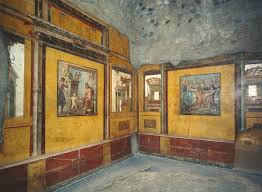
House of the Vettii
Pompeii, Italy
Imperial Roman
62-79 CE
Cut stone and fresco
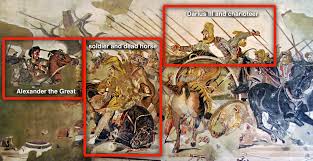
Alexander Mosaic
House of Faun, Pompeii
Republican Roman
100 BCE
Mosaic
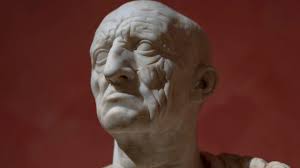
Head of a Roman Patrician
Republican Roman
75-50 BCE
Marble
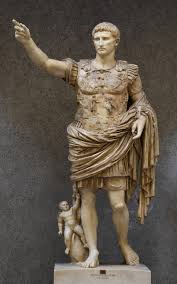
Augustus of Prima Porta
Imperial Roman
Early 1st Century
Marble
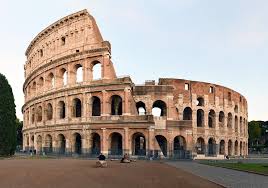
Colosseum
Rome, Italy
Imperial Roman
70-80 CE
Stone and concrete
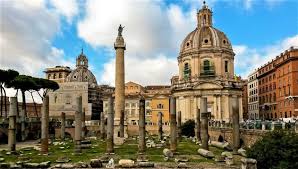
Forum of Trajan
Rome, Italy
106-112 CE
Brick and concrete
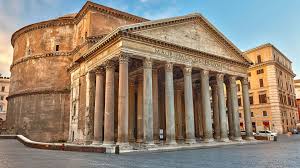
Pantheon
Imperial Roman
118-125 CE
Concrete with stone facing
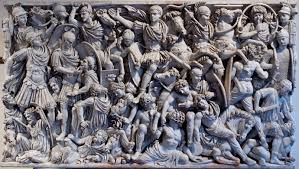
Ludovisi Battle Sarcophagus
Late Imperial Roman
250 CE
Marble
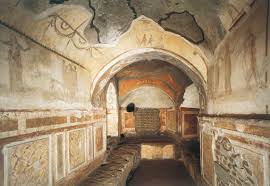
Catacomb of Priscilla
Rome, Italy
Late Antique Europe
200-400 CE
Excavated tufa and fresco
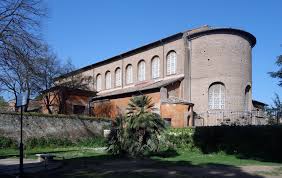
Santa Sabina
Rome, Italy
Late Antique Europe
422-432 CE
Brick and stone, wooden roof
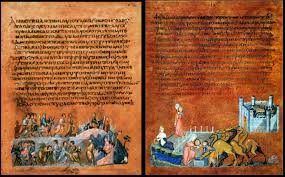
Leaves from Vienna Genesis
Early Byzantine Europe
Early 6th Century
Illuminated manuscript (tempera, gold, and silver on purple vellum)
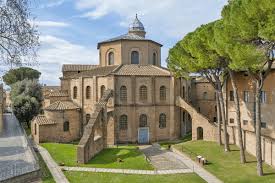
San Vitale
Ravenna, Italy
Early Byzantine Europe
526-547 CE
Brick, marble, and stone veneer; mosaic
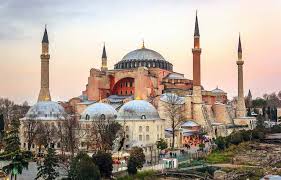
Hagia Sophia
Constantinople
532-537 CE
Brick and ceramic elements with stone and mosaic veneer
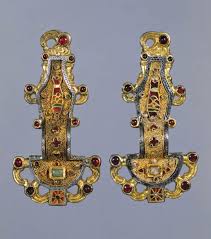
Merovingian Looped Fibulae
Early Medieval Europe
Mid-sixth Century
Silver gilt worked in filigree, with inlays of garnets and other stones
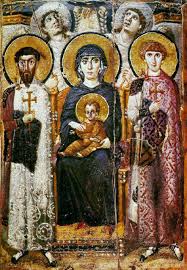
Virgin and Child Between Saints Theodore and George
Early Byzantine Europe
6th or Early 7th Century
Encaustic on wood
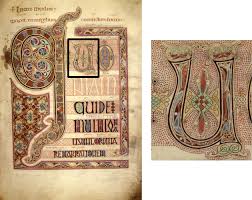
Lindisfarne Gospels
Early Medieval Europe
700 CE
Illuminated manuscript (ink, pigments, and gold on vellum)
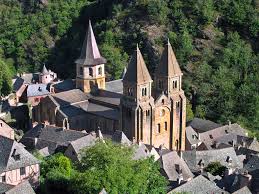
Church of Sainte-Foy
Conques, France
Romanesque Europe
1050-1130 CE
Reliquary of Saint-Foy
Stone (architecture), stone and paint (tympanum); gold, silver, gemstones, and enamel over wood (reliquary)
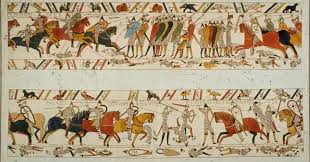
Bayeux Tapestry
Romanesque Europe
1066-1080 CE
Embroidery on linen
Feudalism
“a system of mutual obligation and exchange of land for services that had developed in the early Middle Ages; it governed social and political relations, especially in France and England”
Conflict between the Holy Roman Empire and the Papacy
1075
Pope Gregory VII declared that only the pope could appoint bishops and abbots; the Emperor desired that power for himself; the conflict persisted across the Middle Ages in the wars between the great German families, the Welfs of Saxony (called Guelfs in Italy), who supported the Pope and the Hohenstaufens of Swabia (called Ghibellines in Italy), who supported the Emperor – various Italian city-states were loyal to one of these two parties
Crusades (11th and 12th Centuries)
desire to conquer the Holy Land (Jerusalem), for rule by European Christians
•1099 – Jerusalem captured by French and German nobles in 1st Crusade
•1147 – 2nd Crusade accomplishes little
•1187 – Muslim leader Saladin recaptures Jerusalem, inspiring Third Crusade
•1202 – Fourth Crusade – quest to recapture Jerusalem, Venetian defeat Constantinople, establish Latin Empire
Pilgrimage
faith inspired journey to principal shrines of Jerusalem, Rome, and Santiago de Compostela, Spain; European Christians focus worship on relics (usually bones of saints) and build monumental stone churches